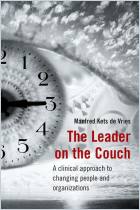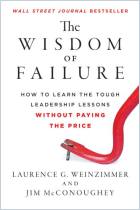
Recommendation
Professors Colin J. Neill, Phillip A. Laplante and Joanna F. DeFranco all have a background in software engineering, but they offer a guide that is useful managers in any industry. By detailing standard office management and environmental dysfunctions, which they call “antipatterns,” they illuminate familiar problems, and provide immediate cures and solutions for avoiding those problems in the future. Their textbook layout provides clarity, their language is clever and engaging, and their densely packed information is easy to retain. The authors list 21 management antipatterns and 28 environmental antipatterns, showing the main traits and resulting dysfunction of each one. They provide a case study, a self-test, improvement path and advice on working with someone who manifests each antipattern. Their manual targets IT and software managers, but it offers highly useful reading for executives across many fields. getAbstract recommends their methods and worthy solutions to start-ups, small business owners, HR professionals and managers at all levels.
Summary
About the Authors
Colin J. Neill is associate division head of engineering at Pennsylvania State University, where Phillip A. Laplante is a professor of software engineering and a graduate faculty member Joanna F. DeFranco is an assistant professor of software engineering.



















Comment on this summary or Start Discussion